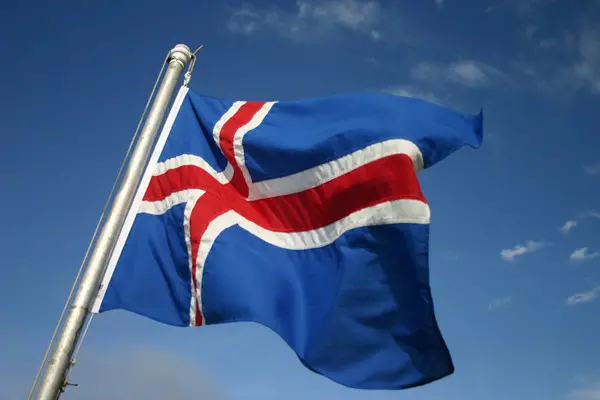Formal negotiations between three Icelandic parties on forming a new government have broken down due to differences over fish management and European Union (EU) membership, Icelandic media reported on Tuesday.
The Independence Party, which took a lead in the parliamentary election on Oct. 29, has been in talks since Friday with the Vidreisn (Revival) party and Bright Future on the possibility of forming a center-right coalition, according to online newspaper Iceland Monitor.
These talks stalled on Tuesday with fisheries and EU membership reportedly being the biggest bones of contention between the parties.
The Vidreisn party and Bright Future want parts of fishing quotas to be revoked and auctioned off in order to promote more equality within the industry and more public income from the use of this natural resource, the Iceland Review Online reported.
The Independence Party opposes such changes, which caused negotiations to fail, it said.
The Vidreisn party and Bright Future also want a referendum on applying for EU membership, which the Independence Party has opposed.
Independence Party chairman Bjarni Benediktsson met with Iceland's President Gudni Johannesson Tuesday afternoon. After the meeting, Benediktsson told reporters he had explained to the president that his attempt to reach an agreement with the two parties had failed.
Still, he has not formally returned the mandate to form a government, saying it was up to the president to take the next step, according to the Iceland Review Online.
Bright Future leader Ottarr Proppe told Icelandic public broadcaster RUV he thought it was likely that Left-Green Movement leader Katrin Jakobsdottir would be given the mandate to form a government.
The Independence Party, one of the two current ruling parties, got 21 out of the 63 seats in the parliament, winning 29.0 percent of the ballots cast in the election.
However, the centrist Progressive Party, the other ruling party, finished fourth with only eight seats, 11 fewer than what it had gained in the last parliamentary election in 2013.
The Left-Green Movement gained 10 seats with 15.9 percent of votes, while the Pirate Party, which had taken the lead in many pre-election polls over the months, also won 10 seats with 14.5 percent.
The Vidreisn party, the Bright Future and the Social Democratic Alliance also crossed the 5-percent electoral threshold with seven, four and three seats respectively.
(APD)
 简体中文
简体中文

